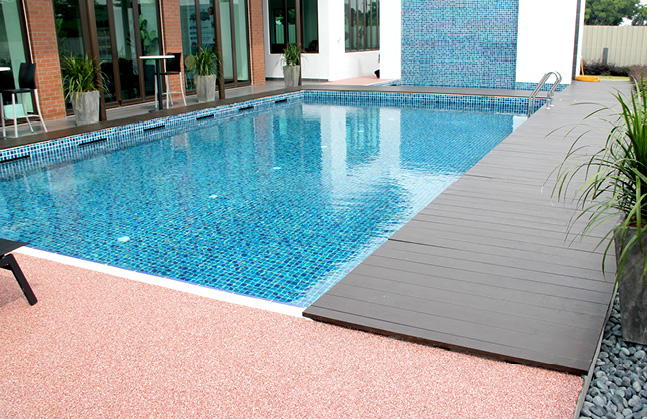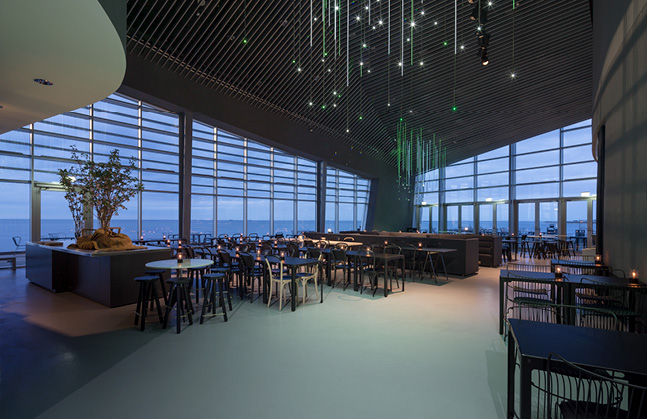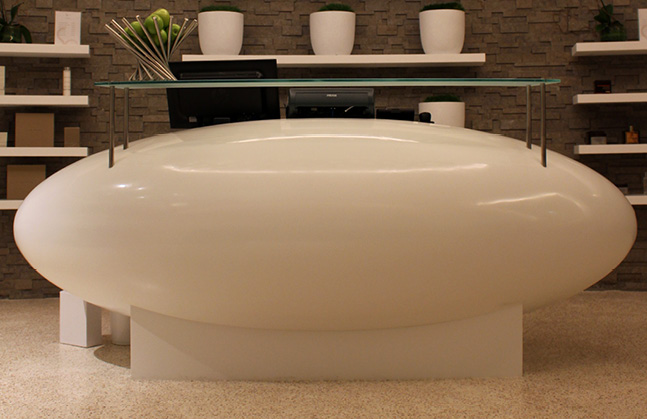One of the key design aspects that developers planning a new hotel or looking to refurbish an existing one need to take into consideration is the choice of flooring – as getting it wrong could mean being stuck with a failing floor that undermines the visual, hygiene and safety standards of the hotel.
There are several factors to carefully analyse when going through a hotel’s flooring specification process, with the main priorities being design, functionality and budget. Each part of a hotel will require different flooring properties so a one-size-fits-all approach cannot be taken throughout a hotel complex.
Flowcrete India has compiled the following flooring advice to help architects and designers understand the various flooring issues:
Lobby and Reception Areas: A customer’s first impression is formed the moment they step foot inside a hotel and therefore the reception area needs to ensure that the first impression is always of an inviting, clean and attractive space. It is critical to install a decorative floor that can withstand constant foot traffic as well as pressure from bulky luggage trolleys, heavy furniture and the strains of daily use. See: Mondéco, Peran STB.
Kitchens, Bars and Restaurants: Food handling areas need floors that are easy to clean and that minimise the risk of contamination build up. Central to this is maintaining a seamless and impervious finish in the face of corrosive food byproducts, thermal shock and aggressive cleaning chemicals. Consider using thick, chemical resistant polyurethane floors in such areas. See: Flowfresh.
Guest rooms: This is where the patron needs to feel at home and be able to relax. The interior design should emphasise this atmosphere and the flooring needs to resist dust, maintain the indoor air quality, repel stains, dirt and scuffmarks while making it easy for the housekeeping staff to keep the rooms clean. Smooth resin finishes are a useful, long lasting alternative to carpets, tiles or wood. See: Flowfast Terrosso, Peran Comfort.
Indoor and Outdoor Pool Decks: Pool decks can be slippery areas, which if left unaccounted for could lead to painful and costly accidents. To minimise this risk the flooring should have enhanced slip resistant properties and it needs to be easy for the staff to remove excess liquid. See: Rustik UV.
Alongside these several hotel zones, there are a long list of areas where it is important to thoroughly analyse the demands that will be placed on the floor area prior to discussing the best flooring option with the supplier and applicator. For example, loading areas, laundry rooms, recreation centres, business spaces, wet areas and cold storage rooms will all place specific challenges on the floor finish which could cause an insufficient surface to fail.
Easy to maintain floors that present a high-end, on-brand image are a must for busy hotel facilities. Resin flooring meets these aesthetic and functional demands and its long-life span means that venues don’t have to worry about the cost of frequent repairs or an early refurbishment.







